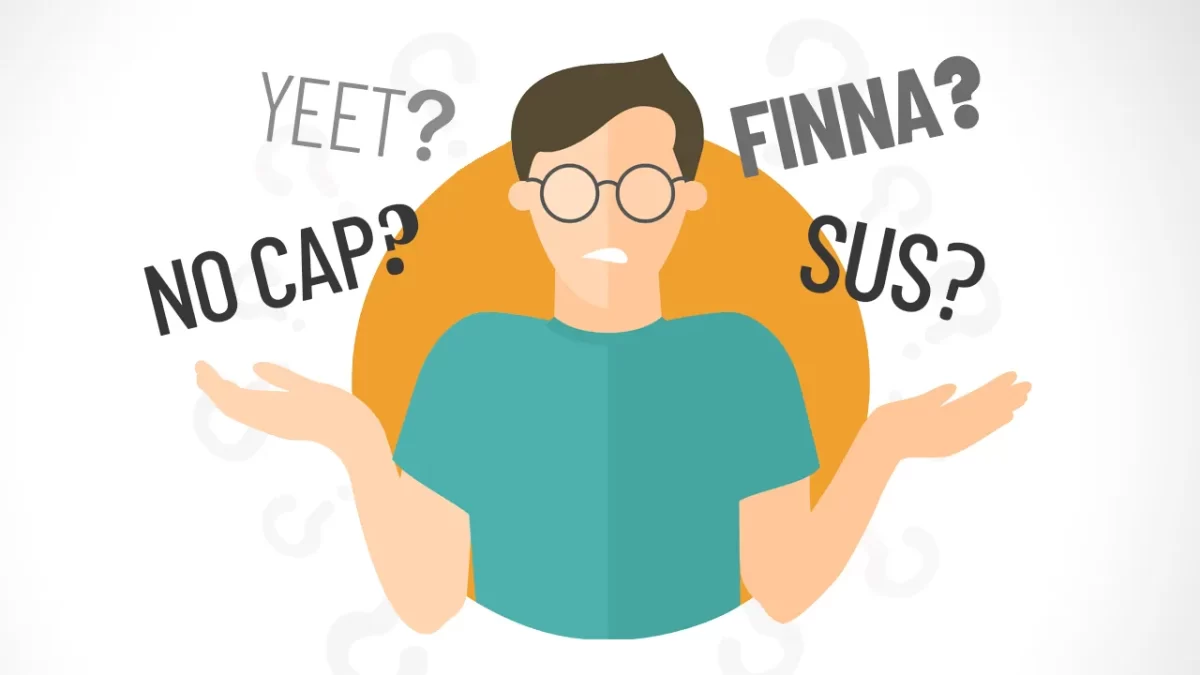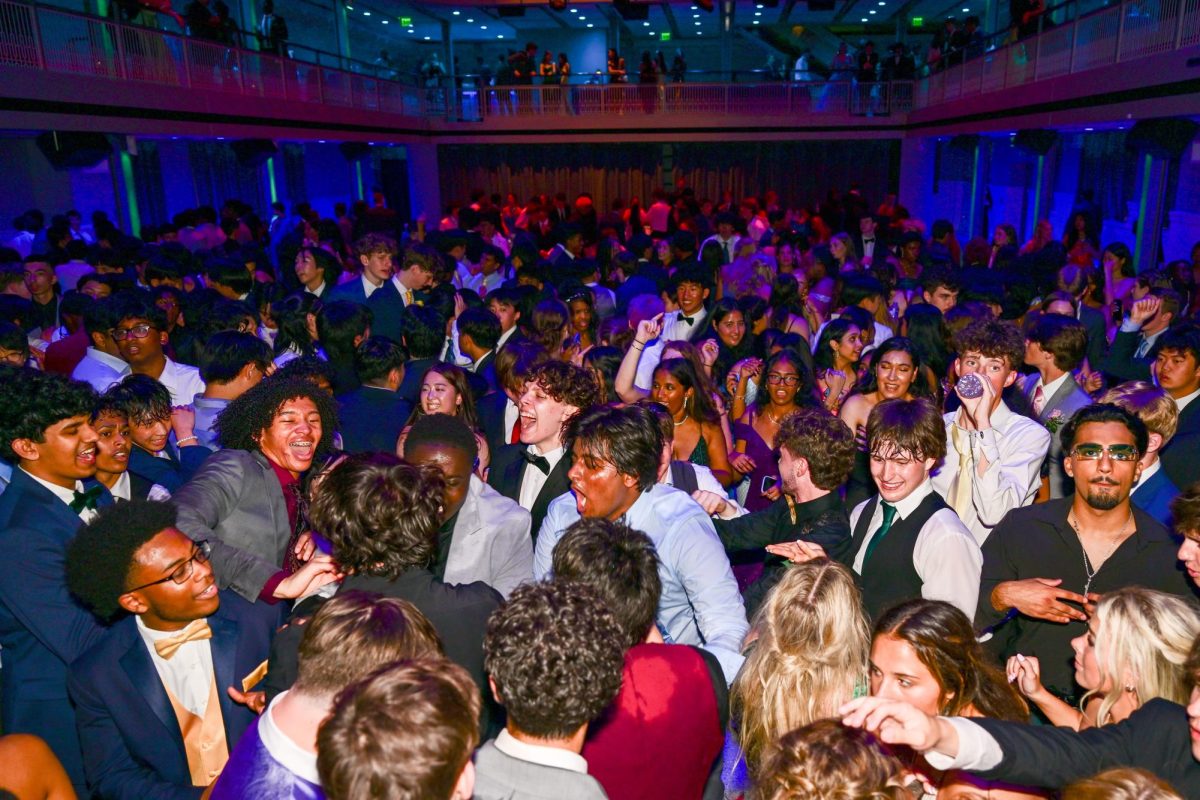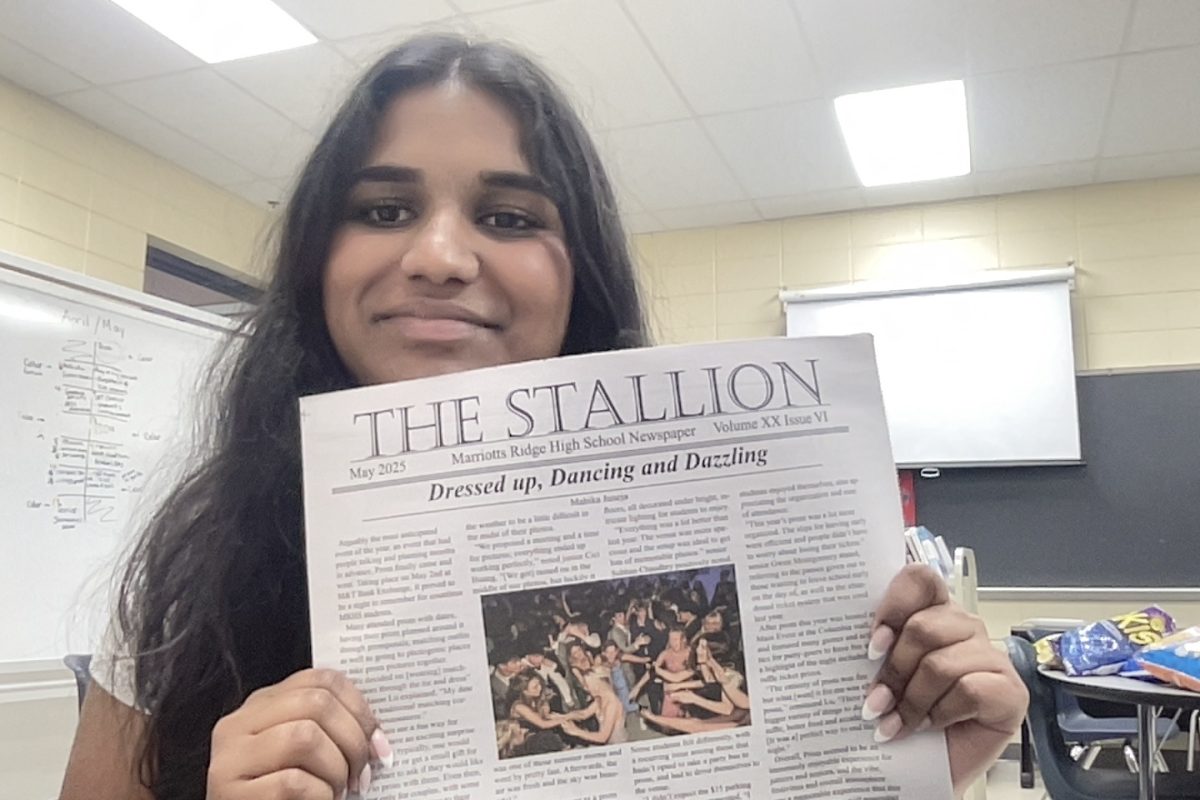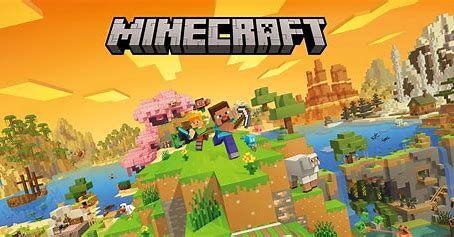What’s goody gang! Ever wonder where the slang terms everyone uses came from? On god its tuff, the brainrot people went through to get here is crazy. How did students go from saying pals to homies, or gnarly to lit? Stick around and learn about the past and present of slang.
Slang, an informal aspect of language, has heavily transformed over the decades, mirroring cultural shifts and societal changes. From the 70’s to the present, the evolution of slang reflects the vibes of each era.
In the 1970’s, expressions like golly gee and cool beans were the bee’s knees, embodying a certain charm and innocence. Phrases such as gosh darn it and far out, added a lighthearted touch to everyday conversations, creating a distinct verbal atmosphere.
“I know a few elderly people that use phrases like jeepers creepers and oh my days,” sophomore Ram Challagulla shared.
Fast forward to today and the linguistic landscape has undergone a radical transformation. Students now favor expressions like on god and bet, reflecting a more direct and concise form of communication. Phrases like W rizz and no cap highlight a cultural emphasis on transparency and authenticity.
“I use the phrase bet almost every day, and I know so many other people that use it too,” senior Yash Kumar described.
Modern slang showcases a range of expressions, from the humor of terms like meatriding and gyatt to the originality of phrases like slay and no kizzy. The usage of these terms creates a unique verbal tapestry for the current generation.
However, amidst the changing vocabularies, some expressions like trippin and dude maintain a timeless quality, bridging the gap between the groovy 70’s and the litty present. These classics serve as linguistic anchors, connecting different generations through shared expressions.
“You get slang words from other people, like if you hear it in conversations or on the internet. Places like Tik Tok and Instagram reels,” senior Tobi Ijiyemi explained.
In the 70’s, it was all about the word of mouth. Friends exchanged phrases in person or over the phone, creating a tight-knit linguistic community. Today, the game has changed with the rise of social media. Platforms like TikTok and Instagram fuel the spread of slang, making it easier for trends to go viral and become part of the everyday lingo. The evolution from face-to-face to online connectivity has significantly influenced how slang is born and thrives.
In the 70’s, slang might have been influenced by iconic TV shows and music, creating a shared cultural language. Today, the internet and meme culture play a massive role. Memes and viral content can turn a phrase into a sensation overnight, shaping the way students communicate. From the days of bell-bottoms to the era of social media influencers it has been a wild ride.
“Once certain slang words become popular between friends and at school, people start getting on that bandwagon and add those words to their daily conversations,” junior Tanushree Parab explained.
As students navigate the twists and turns of verbal evolution, one thing remains clear: slang is a living, breathing entity that adapts, thrives, and connects generations. So, whether it’s homeboy or blud, students at our high school should remember that every tuff expression has its roots, and the journey from far out to FOMO is what makes language so sick. Keep those slang dictionaries handy, and get ready for when the next big phrase will drop.
Categories:
Evolution of Slang: From the Disco Floor to Social Media
More to Discover
About the Contributors
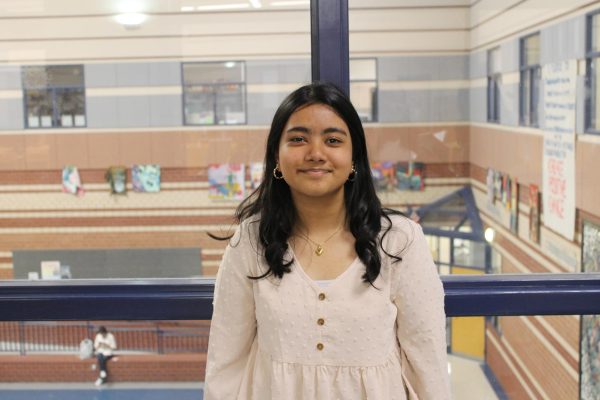
Sumaira Uddin, Copy Editor
Hey, my name is Sumaira. I’m a senior in my second year of journalism, serving as a dedicated copy editor. Beyond editing, you’ll find me spending time with friends, cooking meals for my family, and listening to music in my room. I’m looking forward to crafting many new stories for our school newspaper this year!
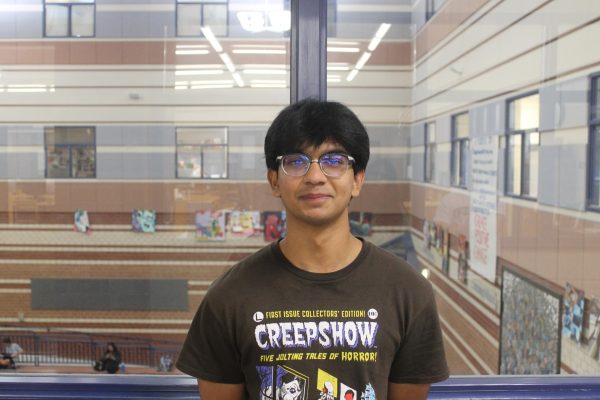
Ragib Ahanaf, Editor and Social Media Manager
My name is Ragib Ahanaf, this is my second year of journalism. I am excited to learn more about how to write better articles. I love soccer and music. I hope to find many interesting topics to write about.


